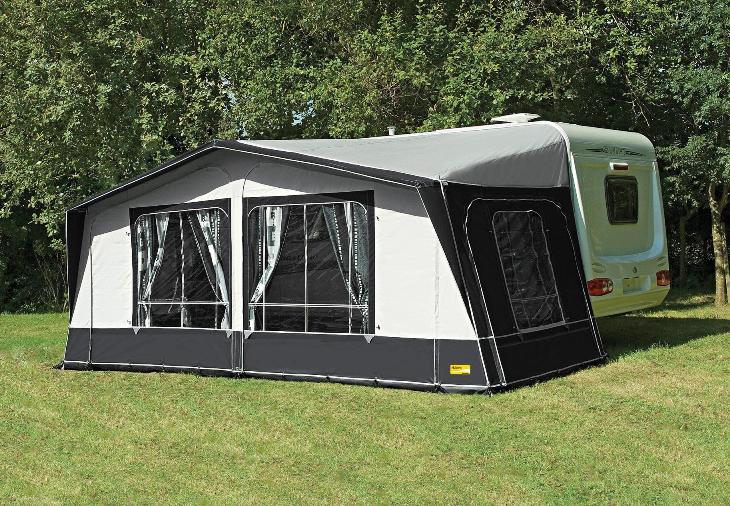Its estimated more than 30 per cent of Australian caravans could be affected including some of the country’s most popular brands. Companies ignoring the new rules face fines of up to $2000 per breach. The changes were prompted by the deaths of two Victorian boys from carbon monoxide poisoning due to a faulty heater in their rented house in Shepparton in 2010. In a similar case in 2012, three Tasmanian men on a hunting trip died in their sleep when their caravan filled with carbon monoxide from a leaking LP gas fitting and a portable refrigerator.
CEO of Caravanning Queensland, Ron Chapman is coordinating a national industry response and says he’s still trying to clarify exactly what the rules mean. Dan and Teena Brown of Queensland company Not Just Canvas say they’ve had 14 orders cancelled in just three weeks, forcing them to lay off a staff member. “We need to fight this. We’re going to lose a huge amount of business. It’s going to cost people’s jobs, it’s going to cost people’s businesses. It’s a big issue”.
Mr Brown said it was ridiculous that an “obscure regulation”originally designed for houses was being applied to caravans and camper trailers. Bruce Andersen from Kakadu Annexes in Currumbin Waters estimates he’s lost $60,000 worth of business in just over a month. “People who’ve ordered caravans could be cancelling orders saying we’re not going to buy a caravan if we can’t put an annexe on it.” He described the regulations as “very draconian”. “I’m all for safety, but this just hasn’t been thought through.”
Australia’s leading RV manufacturer, Jayco has been swift to respond with its engineers working with appliance supplier Dometic to redesign a number of models. Founder and owner Gerry Ryan is also critical of the new rules.
“I believe that they’ve taken it a bit too far. We have venting in a caravan. They’re asking for more venting in an annexe than we have in a caravan, so I can’t see the logic. They haven’t done any testing to verify that.”
Ron Chapman says the industry is paying for independent testing to get a better idea of the true threat from emissions in annexes.
“A lot of consumers can’t understand why they can’t have something that they’ve had for years. The industry is just doing what it has to do under law, but we are trying to get some consideration to some future amendments.”
He says the problem has been made worse by the rules being applied differently on a state-by-state basis. The laws have been enacted in Queensland and Victoria with other states expected to follow.
However Federal Minister for Small Business Bruce Billson, whose Melbourne electorate covers the majority of Australia’s caravan manufacturers has so far declined to intervene, with a spokesman claiming it was an issue for state governments.
>> View source


 RSS Feed
RSS Feed

